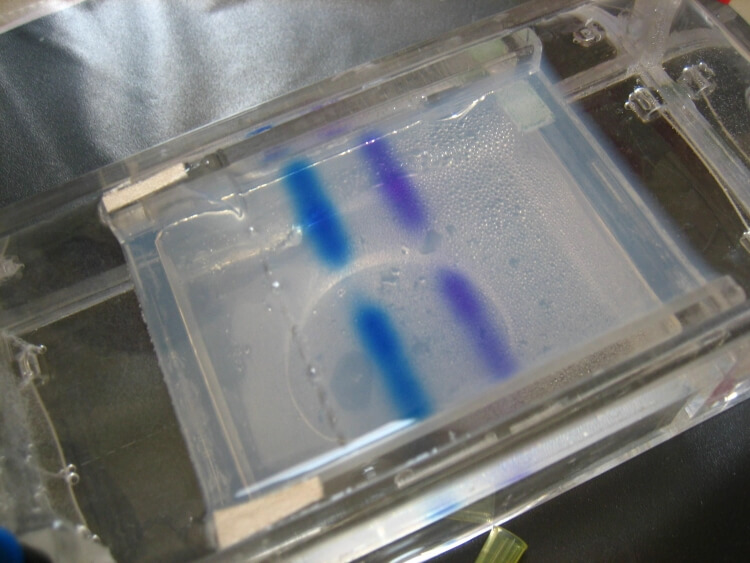3h
Human ROMO1(Reactive Oxygen Species Modulator 1) ELISA Kit
Human ROMO1(Reactive Oxygen Species Modulator 1) ELISA Kit
10ng/mL
Sandwich
0.053ng/mL
0.156-10ng/mL
Signal transduction;
ELISA Enzyme-linked immunosorbent assays Code 90320007 SNOMED
C20orf52; MTGMP; Glyrichin; Mitochondrial Targeting GXXXG Protein; Epididymis tissue protein Li 175; Protein MGR2 homolog
Monoclonals are usually produced in mouse as host species and polyclonals in rabbit or goat. Multi species reactivity is achieved by selecting consensus epitopes when blasting the gene for a reactive, innugenic epitope that is the same in the different target species.
E05 478 566 350 170 or Enzyme-Linked Immunosorbent Assays,E05 478 566 350 170 or Enzyme-Linked Immunosorbent Assays,Human proteins, cDNA and human recombinants are used in human reactive ELISA kits and to produce anti-human mono and polyclonal antibodies. Modern humans (Homo sapiens, primarily ssp. Homo sapiens sapiens). Depending on the epitopes used human ELISA kits can be cross reactive to many other species. Mainly analyzed are human serum, plasma, urine, saliva, human cell culture supernatants and biological samples.
The test principle applied in this kit is Sandwich enzyme immunoassay. The microtiter plate provided in this kit has been pre-coated with an antibody specific to Reactive Oxygen Species Modulator 1 (ROMO1). Standards or samples are then added to the appropriate microtiter plate wells with a biotin-conjugated antibody specific to Reactive Oxygen Species Modulator 1 (ROMO1). Next, Avidin conjugated to Horseradish Peroxidase (HRP) is added to each microplate well and incubated. After TMB substrate solution is added, only those wells that contain Reactive Oxygen Species Modulator 1 (ROMO1), biotin-conjugated antibody and enzyme-conjugated Avidin will exhibit a change in color. The enzyme-substrate reaction is terminated by the addition of sulphuric acid solution and the color change is measured spectrophotometrically at a wavelength of 450nm ± 10nm. The concentration of Reactive Oxygen Species Modulator 1 (ROMO1) in the samples is then determined by comparing the O.D. of the samples to the standard curve.
